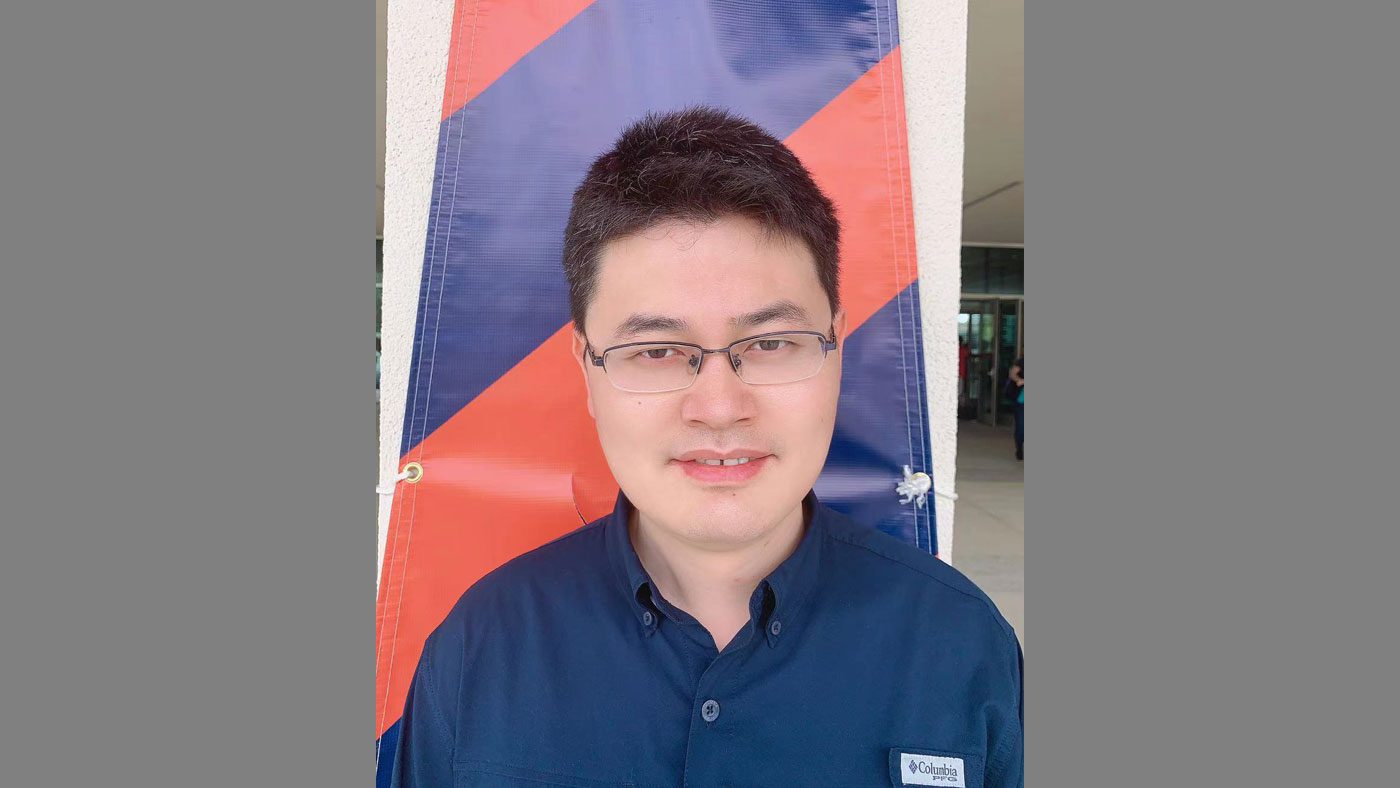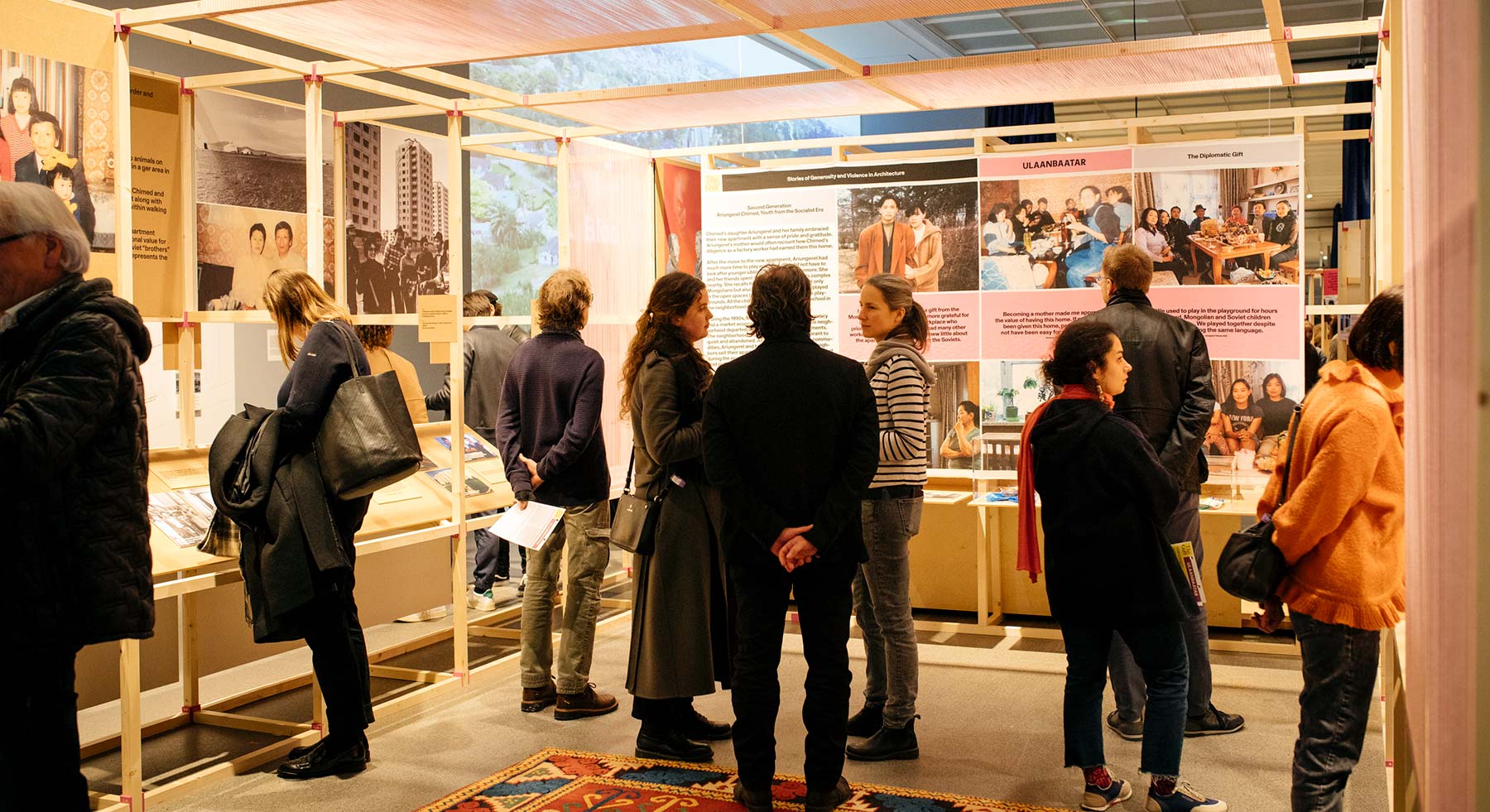Xiang “Jacob” Yan, M.U.P. ’15, Ph.D. ’19, is the 2021 recipient of the best dissertation award from the World Society of Transport and Land Use Research.
His dissertation is titled, “Redefining the Value of Accessibility: Toward a Better Understanding of How Accessibility Shapes Household Residential Location and Travel Choices.”
A growing number of scholars have suggested that transportation and land-use planning should focus on promoting accessibility rather than mobility. Mobility describes how fast people can travel, whereas accessibility describes how convenient a transportation and land-use system allows people to reach essential destinations. However, efforts to promote accessibility-based planning face many obstacles, such as confusion about accessibility concepts, constraints due to governance structure, legacy institutional barriers, and professional norms. Yan’s dissertation addresses a central issue of these: research and planning practice frequently treat accessibility’s benefits as equivalent to travel-cost savings (TCS), such as savings on households’ commuting costs and reductions in vehicle miles traveled. However, several common efforts thought to encourage accessibility — such as transit-oriented development and job-housing balance — have been shown in studies to not have major TCS-related benefits. Therefore, a TCS-based evaluation framework may undermine the rationale for accessibility-based planning.
Yan resolves this issue by suggesting that besides TCS, accessibility improvements often translate into another form of benefits that he calls “destination-utility gains.” Destination-utility gains mean the personal satisfaction that one receives from interacting with and freely choosing between valuable destinations. The absence of TCS from accessibility-promoting policies can be explained by accessibility gains manifesting as destination-utility gains. He critically engages with literatures in transportation and economic geography to understand the theoretical importance of destination-utility gains; and his statistical analysis of household residential location choice and travel behavior across three U.S. regions (Southeast Michigan, Atlanta, and Puget Sound) has empirically verified the significance of destination-utility gains. The findings suggest that planners should not automatically interpret the absence of TCS as evidence that accessibility-promoting strategies are not working. To advance accessibility-based planning, Yan suggests that planners should start to explore and measure the various forms of destination utility gains such as activity participation. More broadly, Yan advocates for including destination-utility gains as main performance metrics in land-use and transportation planning and decision-making.
Yan is a research assistant professor in the Engineering School of Sustainable Infrastructure and Environment at the University of Florida. His research focuses on using big data and artificial intelligence (machine learning) to make transportation more equitable, sustainable, and accessible. Trained in urban planning, computational methods, and transportation engineering, he brings an interdisciplinary perspective to transportation research that connects technological innovations with community needs. He works closely with communities and public agencies to develop decision-support tools to help them better plan for and manage innovative shared mobility options such as ridehailing and shared e-scooters and e-bikes. His recent projects aim to develop and evaluate planning strategies and policies to facilitate the integration between public transit and shared mobility.





